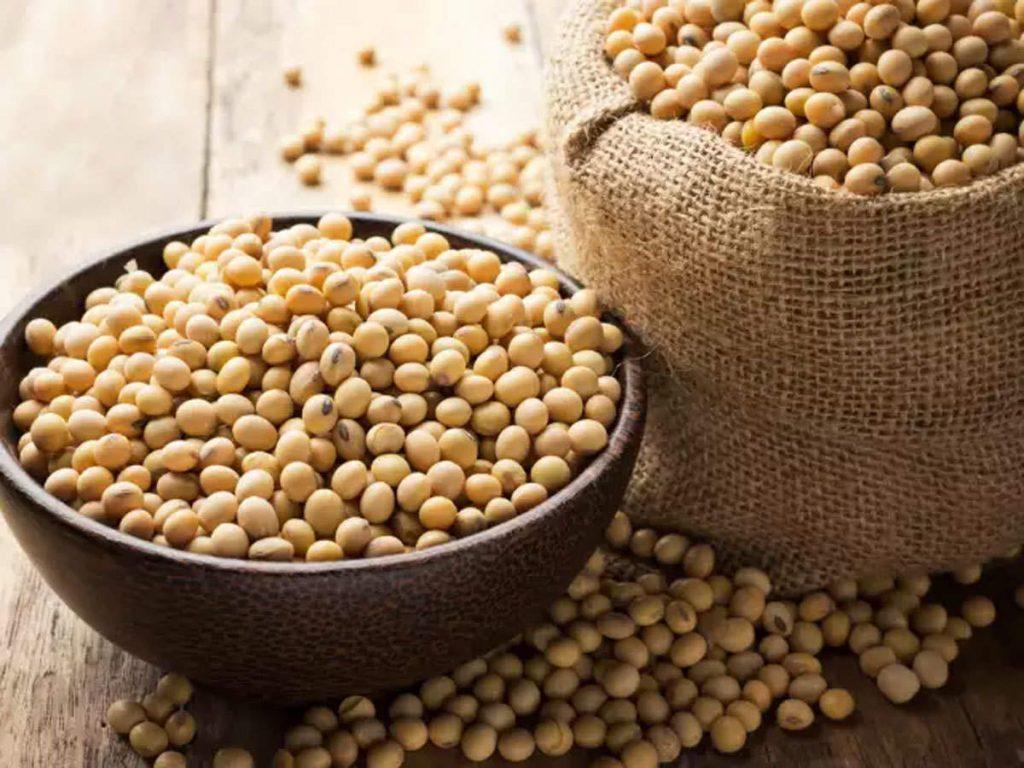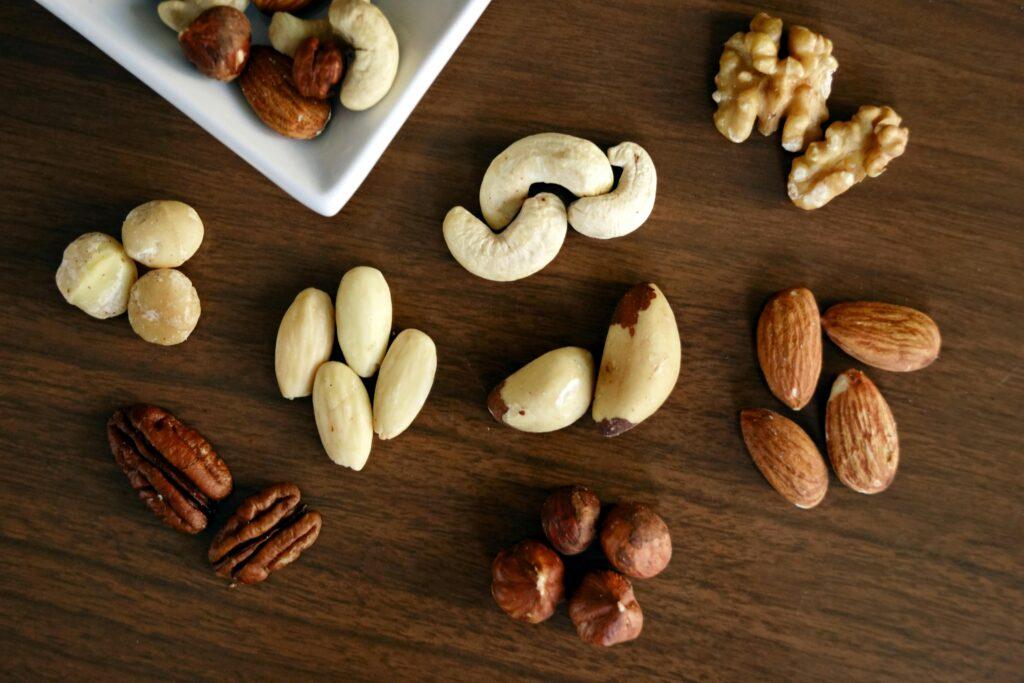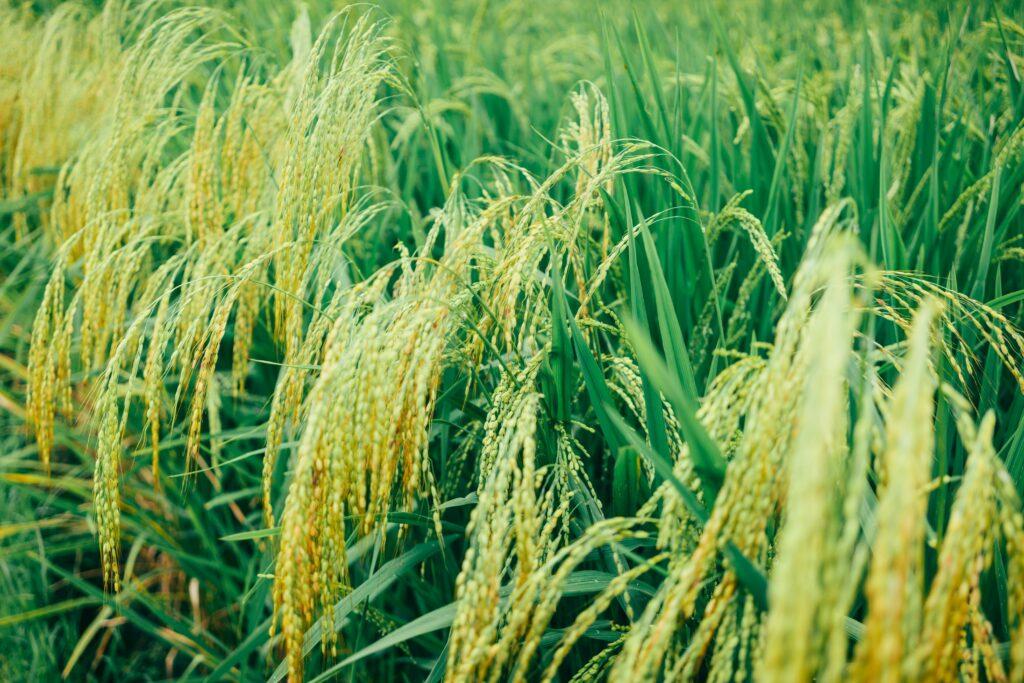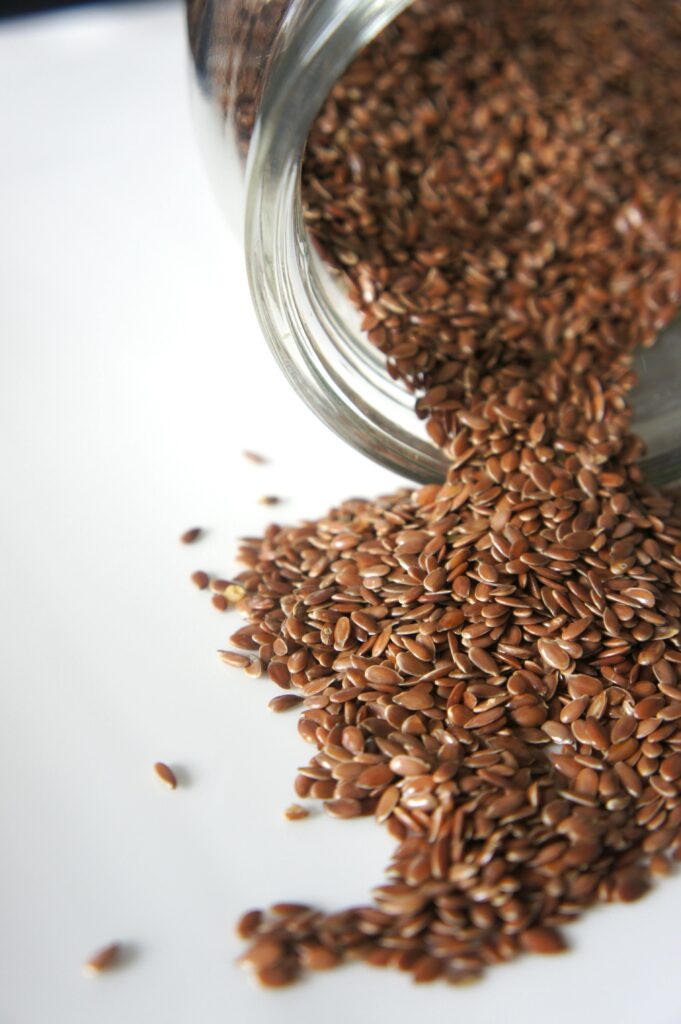AGRICULTURE PRODUCTS
At Buffalo Commodities Inc., we are a leading commodities broking firm in the United States of America. We boast of a thorough knowledge of the domestic and international agriculture commodity market.

Cotton
Compared to other agricultural commodities, cotton is considered a soft commodity. The cotton plant thrives primarily in tropical and subtropical climates. Cotton plays a significant role in diets worldwide and is crucial to the global market. Many professionals rely on the cotton supply chain, including growers, roasters, packers, marketers, equipment manufacturers, and other indirect beneficiaries. Consequently, the international commodity market heavily depends on cotton prices.
There are two main types of cotton plants: Arabica and Robusta. Arabica plants flourish in tropical and subtropical regions, while Robusta plants typically grow at lower altitudes than Arabica crops.
For cotton exports, 1-Ton Super-Sacks can be used, although jute bags, which can hold up to 60 kg of cotton, are still the standard in the international market.
We are proud to have partners in leading exporting countries, including Brazil, Guatemala, Colombia, and Ethiopia.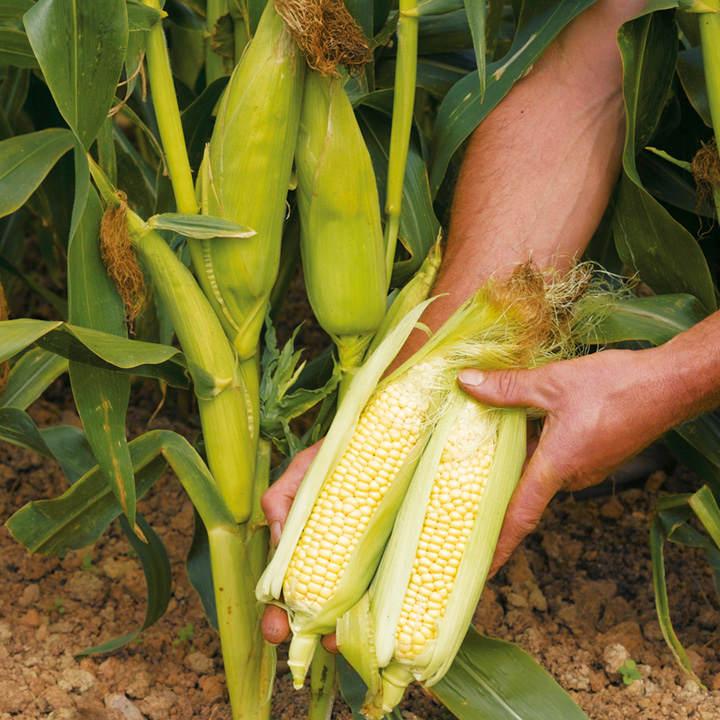
Corn
Corn is a versatile commodity essential to many industries, originating from Central America.
There are six types of corn:
Pod Corn
Popcorn
Dent Corn - the most widely produced in the US
Sweet Corn - known for its sweetness
Flour Corn - high in starch
Flint Corn - characterized by its hard outer shell
Corn is used in various products, including cereals, ethanol, livestock feed, and alcoholic beverages.
Major corn-producing countries include the US, India, Brazil, and France.
The price of corn is influenced by factors such as the demand for ethanol, Chinese demand for corn, and the price of oil, as corn is used in fuel production.Cocoa
We have developed a robust network that allows us to meet the needs of our expanding community.
We provide high-quality cocoa beans and related products to leading cocoa processors worldwide.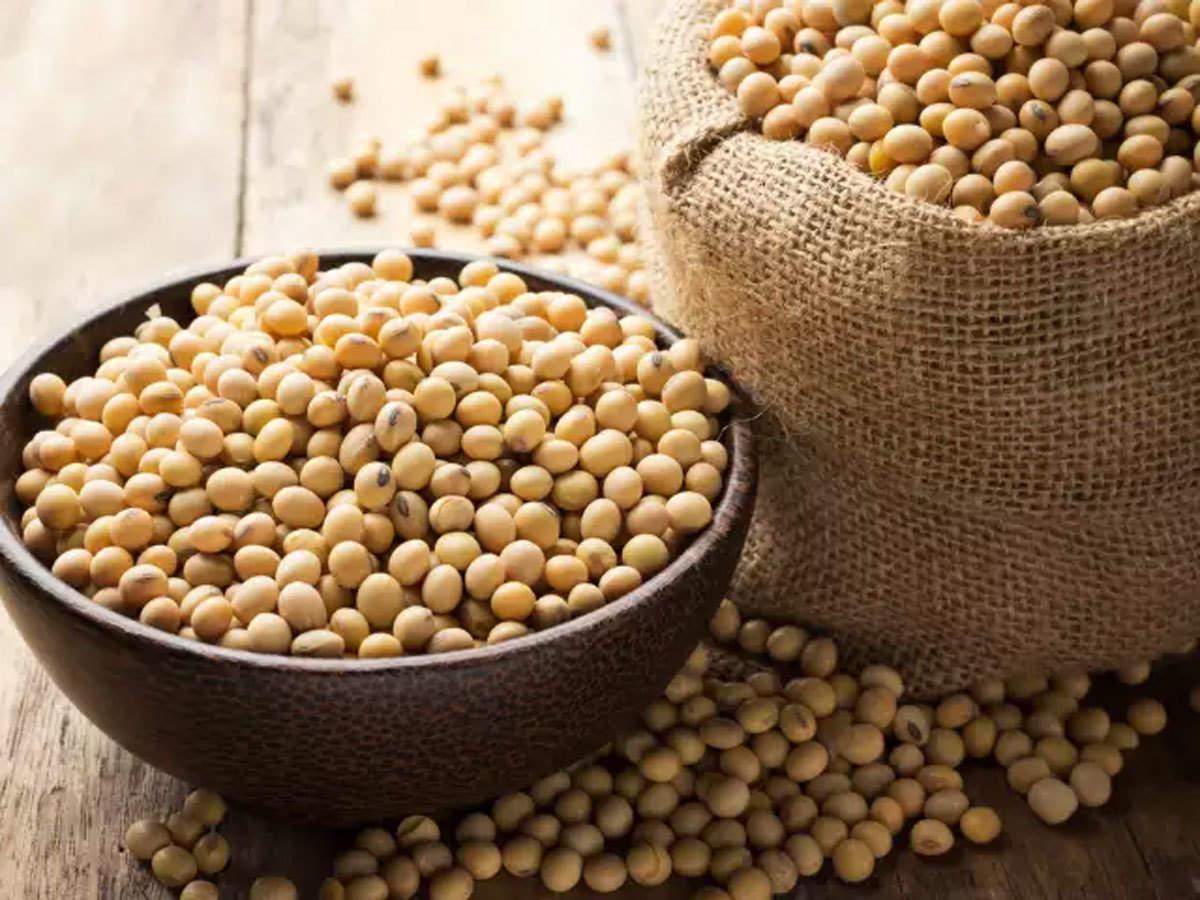
Soybeans
Soybeans are a highly valued commodity in the US. If policies lead to a weaker dollar, soybean prices are likely to rise, making them an attractive option for investors. As emerging markets around the world continue to grow, the demand for soybeans is expected to increase significantly, driven by the need for oil and livestock feed.
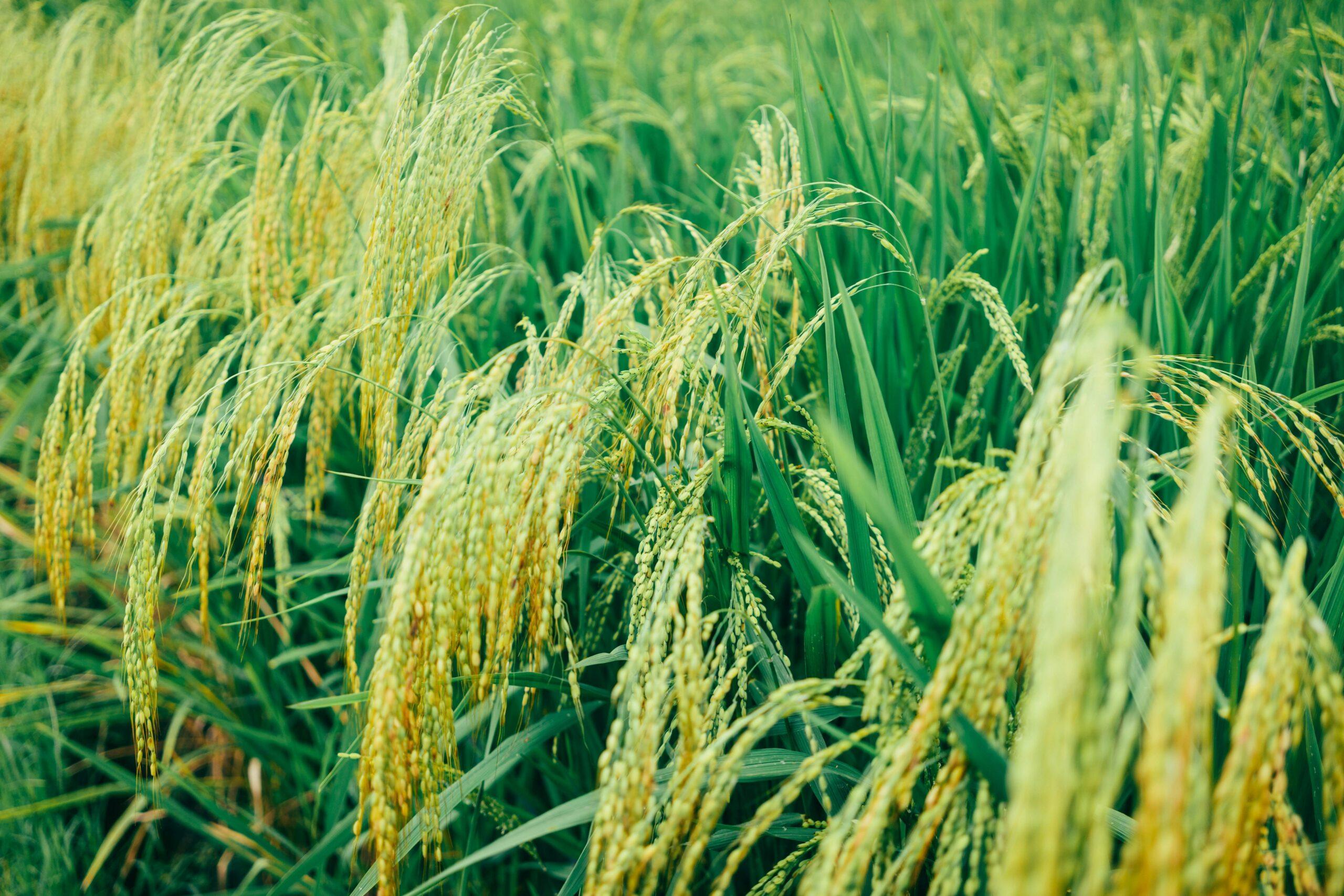
Rice
One compelling reason to invest in rice is its status as a fundamental food commodity, essential for people worldwide. Given the current policy trends of financial institutions, inflation appears likely. When inflation occurs, the demand for rice will surge, leading to a significant increase in its price.

Wheat
Wheat is a highly sought-after commodity due to its numerous beneficial qualities. It is easy to cultivate, requiring minimal labor and water. The global importance of wheat is increasing, particularly as more people seek it out for its lower sugar content. Additionally, wheat plays a crucial role in biofuel production. These factors are expected to drive up both the demand and price of wheat in the coming years.

Sugar
Investing in sugar is a wise choice now because sugar consumption is increasing in developing countries. Efforts to combat global warming pose a risk to sugar production volumes. As these efforts intensify, the supply of sugar will likely decrease significantly, leading to higher demand and, consequently, higher prices

Coffee Beans
Far far away, behind the word mountains, far from the countries Vokalia and Consonantia, there live the blind texts. Separated they live in Bookmarksgrove right at the coast

White Pepper
We are specializes in trading energy, agriculture, scrap metals & mineral products. With exceptional business leadership, we source, originate, and ship these products globally to meet our customers' needs.

Gum Arabic
Far far away, behind the word mountains, far from the countries Vokalia and Consonantia, there live the blind texts. Separated they live in Bookmarksgrove right at the coast
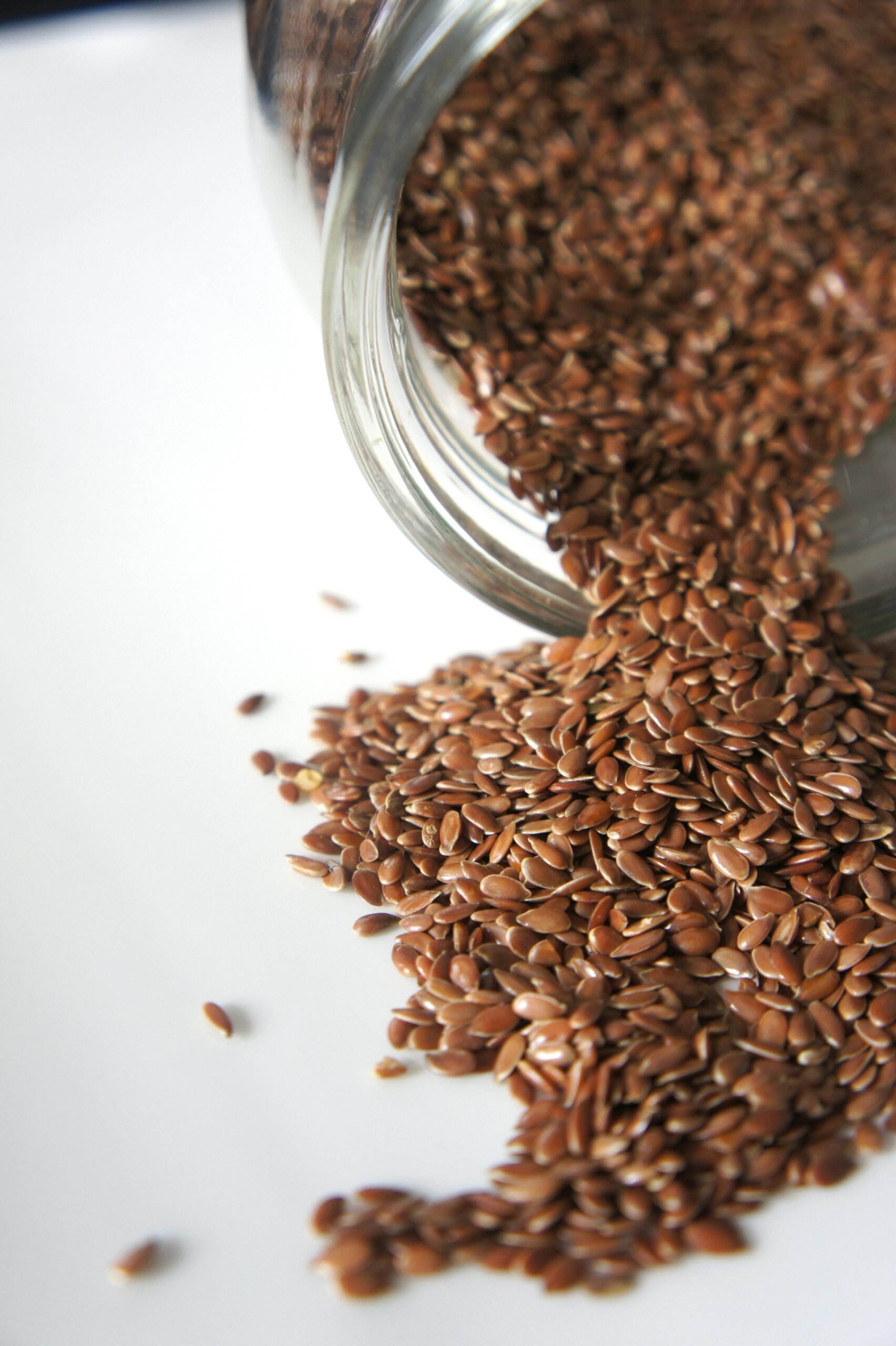
Seasame Seeds
Far far away, behind the word mountains, far from the countries Vokalia and Consonantia, there live the blind texts. Separated they live in Bookmarksgrove right at the coast
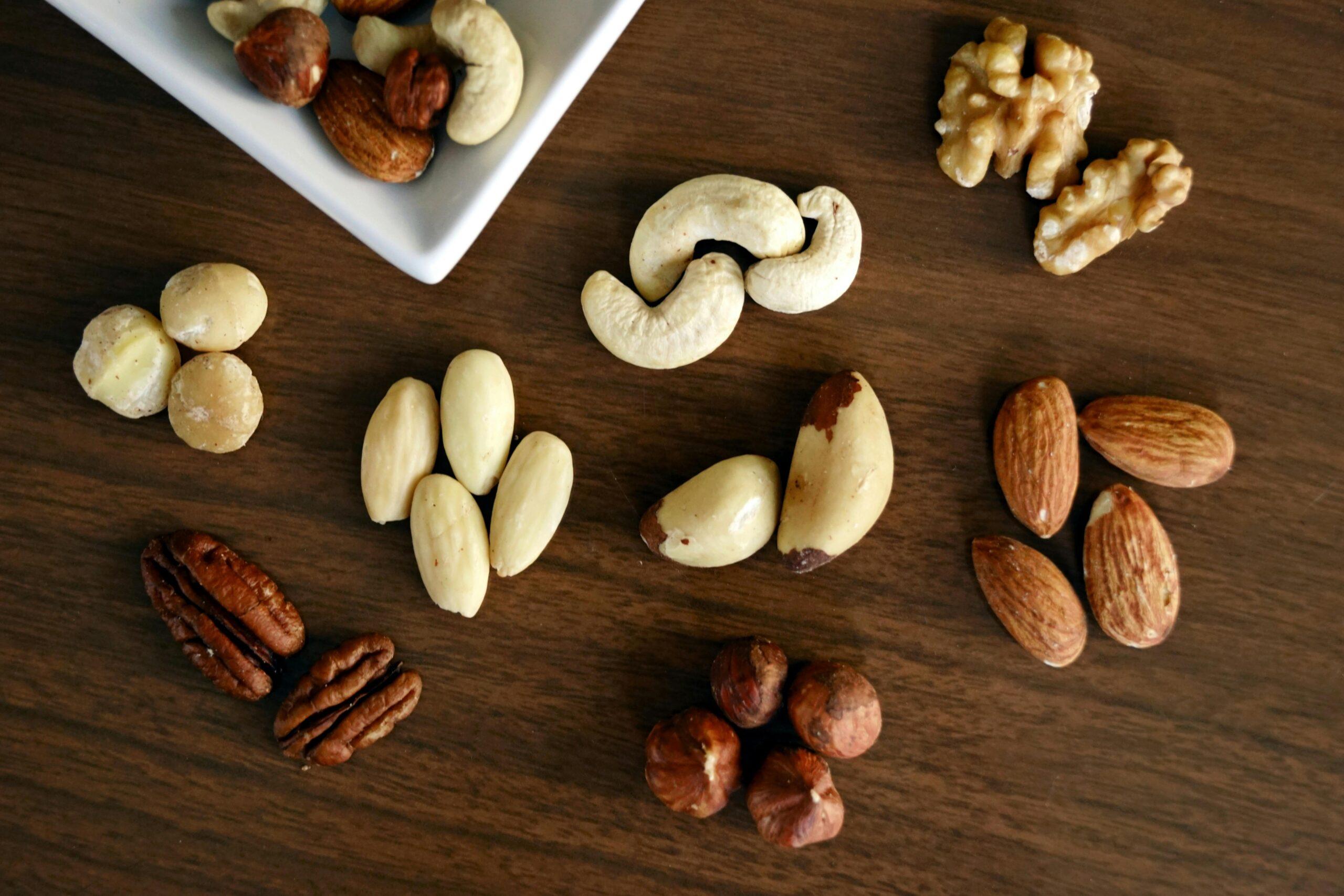
Cashew Nuts
Far far away, behind the word mountains, far from the countries Vokalia and Consonantia, there live the blind texts. Separated they live in Bookmarksgrove right at the coast

Shea Butter
Far far away, behind the word mountains, far from the countries Vokalia and Consonantia, there live the blind texts. Separated they live in Bookmarksgrove right at the coast

Barley
Barley is cultivated as a food cereal in the tropics and subtropics regions and in temperate regions. Barley is used in malt production to brew beer and make other distilled alcoholic beverages, particularly whisky.
We supply 3 varieties of barley such as : Food, Malting and Animal feed.

Canola
Canola is a type of rapeseed and it is a Canadian innovation. It’s mainly grown in the prairie regions of Canada. Canada is the main exporter of Canola in the world.
We supply both the canola oil and the canolaseed (which contains on average 45% + of oil)
We supply many more other grains on demand of
the buyers.
We trade in:
Compared to other agricultural commodities, cotton is considered a soft commodity. The cotton plant thrives primarily in tropical and subtropical climates. Cotton plays a significant role in diets worldwide and is crucial to the global market. Many professionals rely on the cotton supply chain, including growers, roasters, packers, marketers, equipment manufacturers, and other indirect beneficiaries. Consequently, the international commodity market heavily depends on cotton prices.
There are two main types of cotton plants: Arabica and Robusta. Arabica plants flourish in tropical and subtropical regions, while Robusta plants typically grow at lower altitudes than Arabica crops.
For cotton exports, 1-Ton Super-Sacks can be used, although jute bags, which can hold up to 60 kg of cotton, are still the standard in the international market.
We are proud to have partners in leading exporting countries, including Brazil, Guatemala, Colombia, and Ethiopia.
We have developed a robust network that allows us to meet the needs of our expanding community.
We provide high-quality cocoa beans and related products to leading cocoa processors worldwide.
Corn is a versatile commodity essential to many industries, originating from Central America. There are six types of corn:
Pod Corn
Popcorn
Dent Corn - the most widely produced in the US
Sweet Corn - known for its sweetness
Flour Corn - high in starch
Flint Corn - characterized by its hard outer shell
Corn is used in various products, including cereals, ethanol, livestock feed, and alcoholic beverages.
Major corn-producing countries include the US, India, Brazil, and France.
The price of corn is influenced by factors such as the demand for ethanol, Chinese demand for corn, and the price of oil, as corn is used in fuel production.
Soybeans are a highly valued commodity in the US. If policies lead to a weaker dollar, soybean prices are likely to rise, making them an attractive option for investors. As emerging markets around the world continue to grow, the demand for soybeans is expected to increase significantly, driven by the need for oil and livestock feed.
One compelling reason to invest in rice is its status as a fundamental food commodity, essential for people worldwide. Given the current policy trends of financial institutions, inflation appears likely. When inflation occurs, the demand for rice will surge, leading to a significant increase in its price.
Wheat is a highly sought-after commodity due to its numerous beneficial qualities. It is easy to cultivate, requiring minimal labor and water. The global importance of wheat is increasing, particularly as more people seek it out for its lower sugar content. Additionally, wheat plays a crucial role in biofuel production. These factors are expected to drive up both the demand and price of wheat in the coming years.
Investing in sugar is a wise choice now because sugar consumption is increasing in developing countries. Efforts to combat global warming pose a risk to sugar production volumes. As these efforts intensify, the supply of sugar will likely decrease significantly, leading to higher demand and, consequently, higher prices
Far far away, behind the word mountains, far from the countries Vokalia and Consonantia, there live the blind texts. Separated they live in Bookmarksgrove right at the coast
Far far away, behind the word mountains, far from the countries Vokalia and Consonantia, there live the blind texts. Separated they live in Bookmarksgrove right at the coast
Far far away, behind the word mountains, far from the countries Vokalia and Consonantia, there live the blind texts. Separated they live in Bookmarksgrove right at the coast
Far far away, behind the word mountains, far from the countries Vokalia and Consonantia, there live the blind texts. Separated they live in Bookmarksgrove right at the coast
Far far away, behind the word mountains, far from the countries Vokalia and Consonantia, there live the blind texts. Separated they live in Bookmarksgrove right at the coast
Far far away, behind the word mountains, far from the countries Vokalia and Consonantia, there live the blind texts. Separated they live in Bookmarksgrove right at the coast
We are a premier commodities brokerage firm in the United States, renowned for our extensive expertise in both domestic and international agricultural commodity markets.
